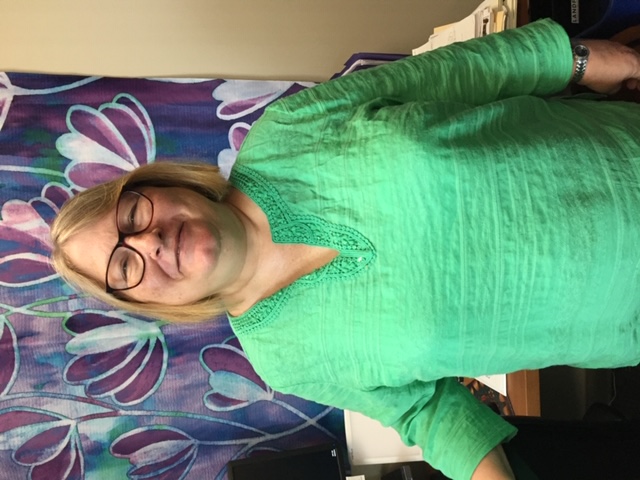Back
Social, Economic, and Environmental Justice
People, Places and Oppression
The Working Poor in the United States
Friday, November 11, 2022
8:15 AM – 8:45 AM
Location: Capistrano B

Deborah L. Phillips, Ph.D.
Associate Professor
Appalachian State University
Boone, North Carolina, United States
Author and Presenter(s)
Overview: The working poor in the U.S. are not given enough attention by the social work profession and by the U.S. as a whole. This paper will discuss who the working poor are, how critical they are to the U.S. economy, and an ethical consideration of what they deserve from us.Proposal text: This presentation will highlight who the working poor are, the valuable role they play in our society, some causes of this problem, services available to this population, and possible solutions to the problem. The presenter will spend time trying to fully capture who the working poor are, how intersectionality plays a role, what the working poor do for us as a society, what causes their problems, and what solutions might greatly reduce their numbers in the U.S. The presenter will also do a brief ethical analysis from a social work perspective about what social workers could be doing to address this issue, as well as what citizens, policy makers, and voters could do to alleviate it. This ethical analysis will also briefly highlight the importance of macro social work, the neglect of this part of the profession, and the consequences of that neglect. A comparison of working poor in other countries, including their prevalence in the population and the services available to them, will also be discussed. Some perspectives of working poor people will be included through case histories that come from interviews across the U.S. The goal of the presentation is to raise awareness about this very important issue, to educate conference attendees about the subject in a way that will help motivate them to create change for this population specifically through social work practice.
Learning Objectives:
- describe who the working poor are.
- consider the ethical issues related to this problem.
- describe possible solutions to the problem of the working poor.
